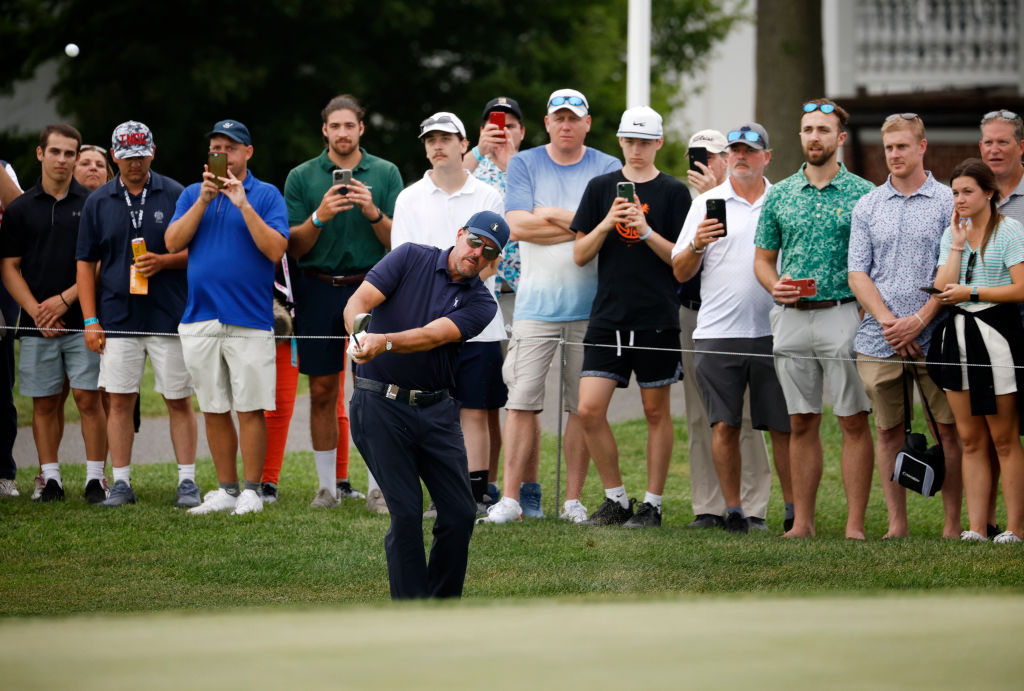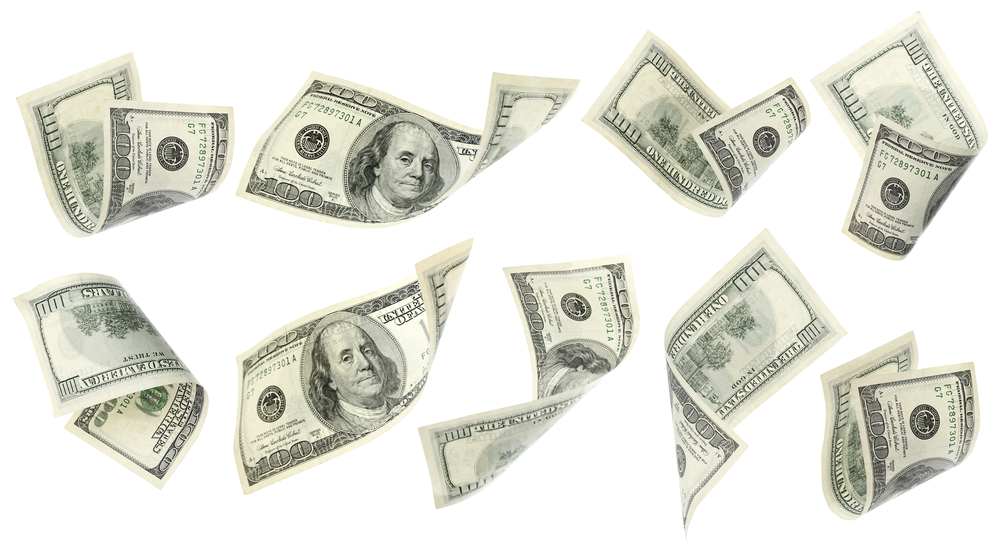Is the PGA Golf Tour a Monopoly?
The Professional Golf Association (PGA) has ruled pro golf’s roost for more than a century. But that status is now endangered.
A wealthy rival, backed by the Public Investment Fund of Saudi Arabia, has emerged and is luring away some of the PGA Tour’s top talent. The new challenger is LIV Golf, which has held its first three Invitational Series tournaments this year with payouts that are significantly higher than those of the PGA Tour. In addition, LIV is offering upfront payments and appearance fees to some of the PGA Tour’s top talent, including Phil Mickelson, who reportedly received $200 million.
The PGA Tour’s response has been harsh. When the LIV Tour announced its existence last October, the PGA Tour said it would suspend any player who competes in a LIV event. Under its bylaws, which require players to get permission to compete in rival events, the PGA can do this.
True to its word, the PGA followed through with the suspensions — 17, in all, although 10 of the 17 already resigned their PGA memberships. These included some of the biggest names in pro golf, like Mickelson, Dustin Johnson, and Bryson DeChambeau.
Enter: The Justice Department
Legal questions about the PGA Tour’s actions are arising, however, and they have caught the attention of the U.S. Department of Justice’s Antitrust Division. U.S. antitrust law generally considers competition a good thing, while monopolies generally are not, and DOJ is investigating whether the PGA Tour might be violating these laws.
The PGA Tour is not like professional baseball, football, or basketball, where players receive salaries from their teams. The PGA Tour calls itself a “membership organization for touring professional golfers.”
Traditionally, the PGA Tour refers to these golfers as independent contractors. As members, they have the right to compete for prize money at PGA events. The PGA Tour allows its golfers to participate elsewhere but requires them to receive permission.
But when the PGA tour denies permission as an obvious response to a well-financed new challenger, antitrust issues arise. If the PGA Tour is a monopoly, efforts to thwart a rival might violate antitrust laws.
Questions to Be Answered
But is it a monopoly?
The answer is not clear. For starters, the PGA Tour does allow its member golfers to compete elsewhere. There are other, non-PGA tournaments in the U.S. and abroad, as well as tours in other countries, and the PGA Tour does not label those off-limits to its member golfers.
And how different, really, are the PGA Tour’s permission requirements from any employer’s non-compete requirements that new employees sign?
However, monopolization occurs when an entity engages in unfair practices to restrict competition, and the Justice Department will probably examine the PGA Tour’s practices from that perspective. Then again, should that perspective apply when the challenger is backed by immense Saudi wealth?
LIV’s CEO, former pro golfer Greg Norman, argues that the PGA Tour is indeed a monopoly that “seems intent on denying professional golfers their right to play golf, unless it’s exclusively in a PGA Tour tournament.”
It’s worth noting that the Justice Department’s current interest in the PGA Tour is not the first time a government agency has investigated it. In the early 1990s, the Federal Trade Commission looked at the tour’s practice of requiring players to obtain releases for non-PGA events and found that it broke antitrust laws. The FTC, however, never took any action.
This time, though, the stakes appear to be higher.
Related Resources
You Don’t Have To Solve This on Your Own – Get a Lawyer’s Help
Meeting with a lawyer can help you understand your options and how to best protect your rights. Visit our attorney directory to find a lawyer near you who can help.






